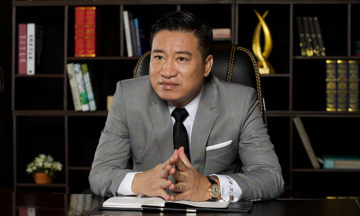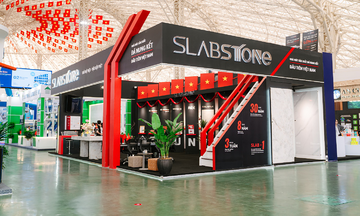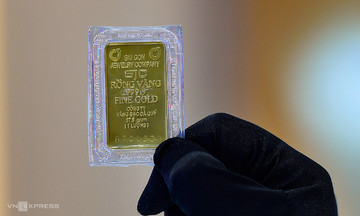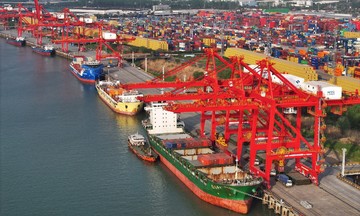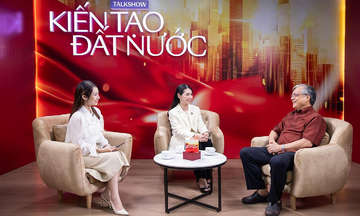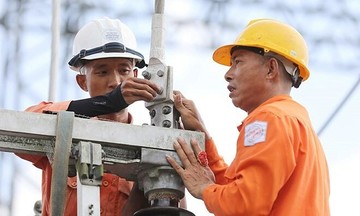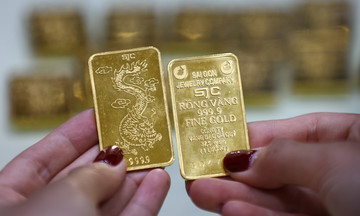US President Donald Trump recently signed an executive order granting exemptions on 45 categories of goods effective 8/9. However, this applies only to partners with framework agreements with the US to reduce reciprocal tariffs and tariffs on items under Section 232 of the Trade Expansion Act of 1962 (such as aluminum, steel, and automobiles).
In the executive order, Trump expressed willingness to reduce import tariffs, depending on "the scope and economic value of the commitments that partners offer the US". Included in the exemption list are products "that cannot be naturally grown, mined, or produced in the US", or are not produced in sufficient quantities to meet domestic demand.
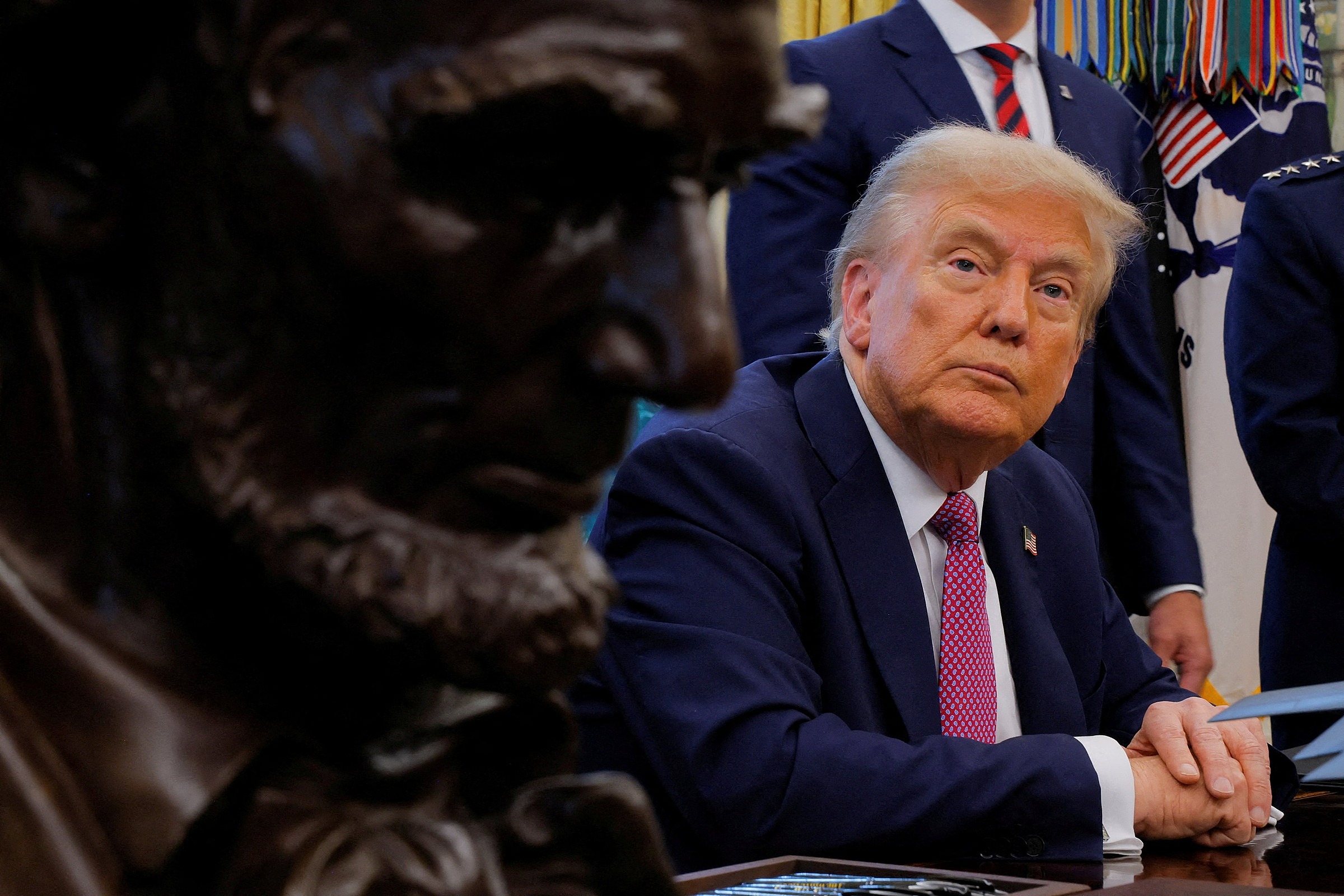 |
US President Donald Trump at the White House on 5/9. Photo: Reuters |
US President Donald Trump at the White House on 5/9. Photo: Reuters
This executive order helps the US advance commitments in previous agreements, for example, with allies like Japan and the European Union (EU). The list includes industrial products such as nickel, gold, as well as chemicals and pharmaceutical compounds. Nickel is a key material in the production of stainless steel and electric vehicle batteries.
In addition, the order allows tariff exemptions for natural graphite, neodymium magnets, and LEDs, while eliminating previous tax exemptions for certain plastics and polysilicon, a key component in the production of solar panels.
A White House official explained that under the executive order, when a country signs a "reciprocal" trade agreement with the US, the Trade Representative, the Department of Commerce, and Customs will automatically grant tariff exemptions for goods on the list from those countries without requiring a new executive order from the President.
The executive order also provides the possibility of exemptions for certain agricultural products, aircraft components, and unpatented substances used in pharmaceuticals.
Seven months into his term, Trump imposed import tariffs on most trading partners, ranging from 10% to 50%. The US President also imposed separate tariffs on products such as aluminum, steel, automobiles, and auto parts. He stated that this was intended to rebalance global trade, reduce the US trade deficit, and force concessions from trading partners in negotiations.
Ha Thu (Reuters)



